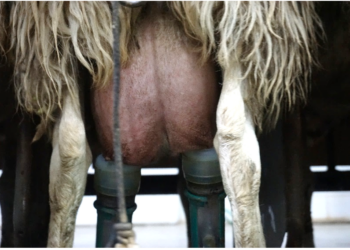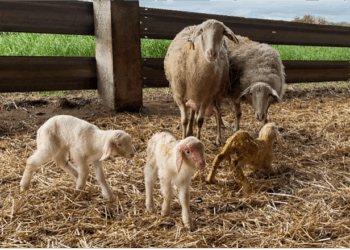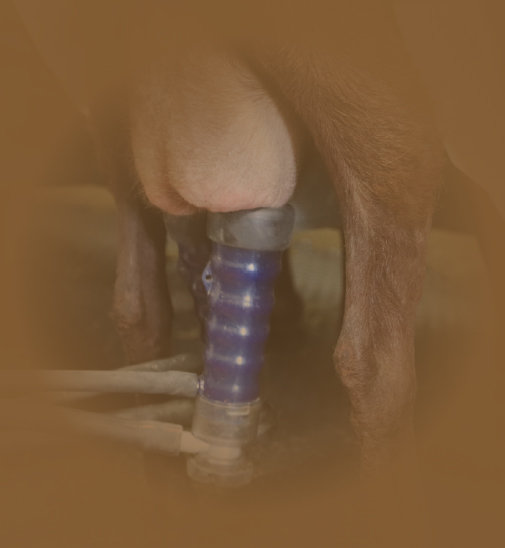What is colostrum?
Colostrum is the first secretion of the mammary gland after birth, although it really begins to be produced at the end of gestation (last three weeks).
It is composed of proteins, fats, vitamins, lactose, minerals, hormones and enzymes, and also contains anti-inflammatory agents and growth factors. The percentage of components varies in each species, and even in each breed.

One of the most important components of colostrum is immunoglobulin, and if we’re talking about sheep, especially IgG.
To know if a colostrum is of good quality, it is necessary to look at the total protein concentration, which must be greater than 9 g/dl. Other values would be a specific weight greater than 1,050 and a concentration of immunoglobulins greater than 50 mg/ml.
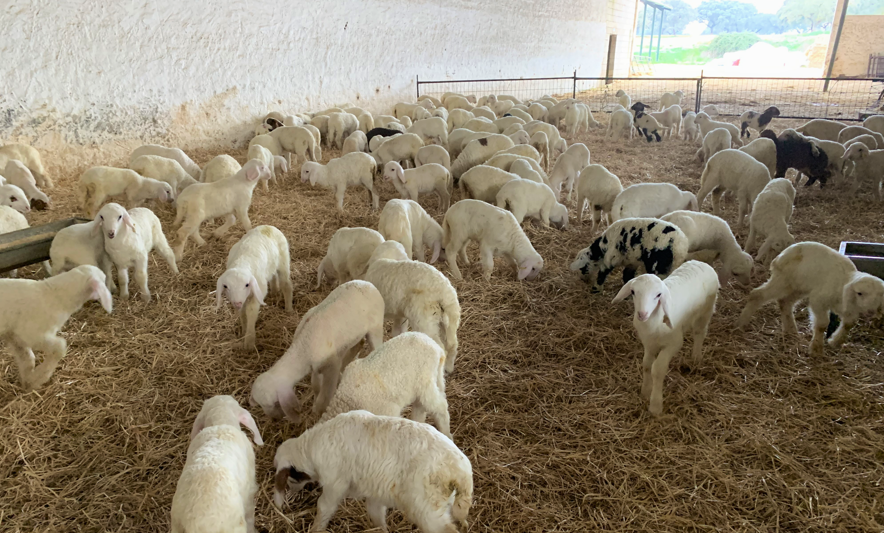
Why is it so important?
The placenta of ruminants is of the epitheliochorial type, and does not allow immunoglobulins to pass through its barrier, so lambs and kids are born without circulating antibodies. For this reason, they are totally dependent on the transfer of immunoglobulins through the colostrum for protection.
Maternal or passive immunity is the transfer of immunity through the colostrum.
It is important that newborns ingest colostrum during the first few hours of life (0–6 h), since later the intestine loses permeability to antibodies.
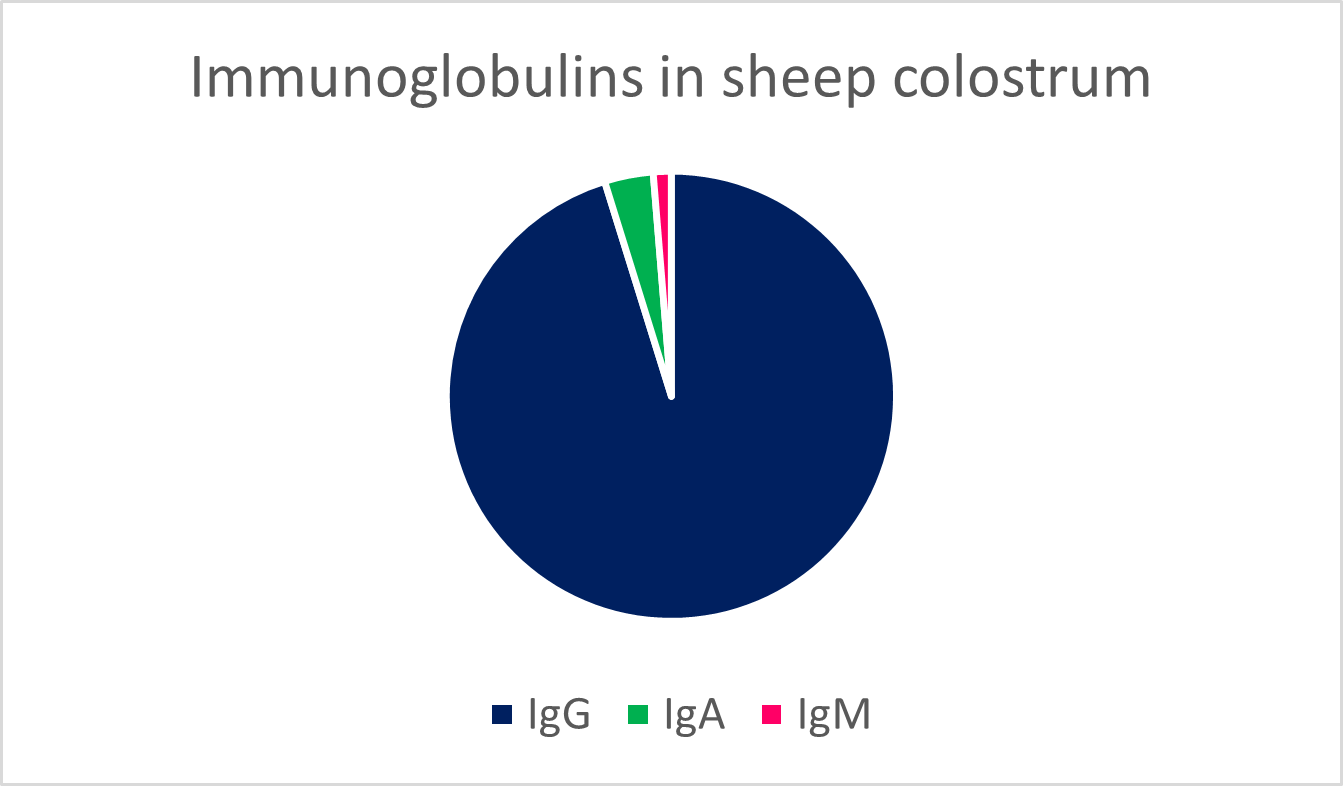
Other functions of colostrum:
– It is an essential source of energy and nutrients.
– Prevents hypothermia: it increases heat production by 17%.
– The microbiota and microbiome present in it protect against pathogens: probiotic and barrier function.
– It improves the “baby-mother” bond.
– It helps to develop the immune system.
– It increases survival to weaning.
– It contributes to gastrointestinal development.
– It ensures good reproductive efficiency and maximum production in the future.
Conclusions
Colostrum is essential for the survival of lambs and kids, and therefore it is important to ensure that it is ingested correctly by newborns.
Due to its immunological function, we can consider it as a “protective inheritance” against the pathogens to which the mother has been exposed.
For this reason, it is so important to vaccinate mothers during pregnancy against the main diseases of the newborn, such as clostridiosis or pasteurellosis.
Article written by:
Tania Perálvarez Puerta. Global Product Manager, Small Ruminants Franchise – HIPRA
